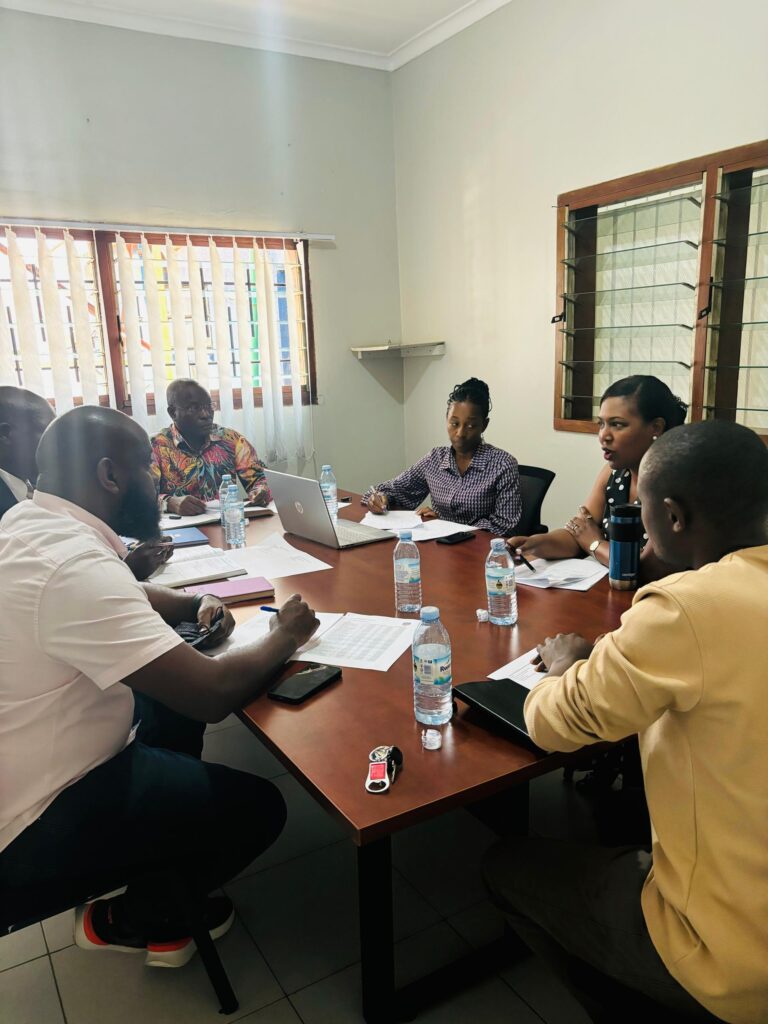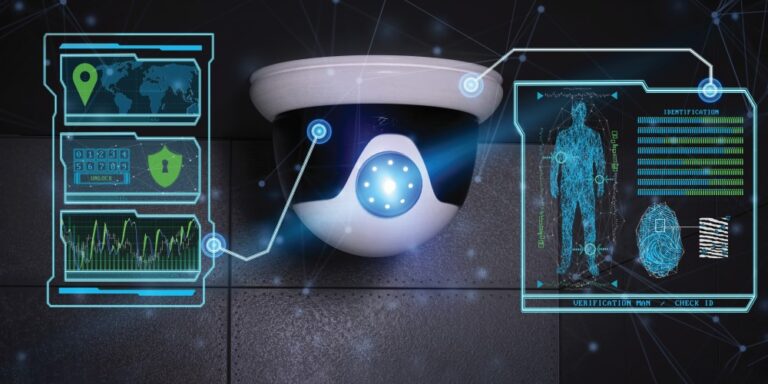
Effective Strategies for Event Security Management
Hosting events, whether large or small, requires meticulous planning to ensure the safety and security of attendees, staff, and property. Event security management encompasses a range of strategies and protocols aimed at mitigating risks and responding effectively to unforeseen incidents. Here are key strategies for implementing effective event security management:
1. Conduct Comprehensive Risk Assessments
Before hosting an event, conduct a thorough risk assessment to identify potential security threats and vulnerabilities. Consider factors such as the event venue, anticipated attendance, the presence of high-profile guests, and any historical security incidents. Use this information to develop a tailored security plan that addresses specific risks and mitigation measures.
2. Collaborate with Professional Security Providers
Engage experienced security professionals or reputable security firms to oversee event security operations. Work closely with security experts to assess security needs, develop a comprehensive security plan, and deploy trained personnel to manage various security tasks, including access control, crowd management, and emergency response.
3. Implement Access Control Measures
Control access to the event venue and designated areas using effective access control measures:
- Credentialing: Issue credentials, such as wristbands or badges, to authorized personnel, staff, and vendors to distinguish them from attendees.
- Entry Screening: Conduct bag checks, metal detector screenings, or pat-downs at entry points to detect and prevent unauthorized items from entering the venue.
- Perimeter Security: Establish secure perimeter barriers or checkpoints to manage crowd flow and prevent unauthorized access.
4. Deploy Visible and Covert Surveillance
Deploy a combination of visible and covert surveillance measures to monitor crowd behavior, detect potential threats, and deter criminal activity:
- Video Surveillance: Install surveillance cameras strategically throughout the venue to provide comprehensive coverage of key areas and facilitate real-time monitoring by security personnel.
- Undercover Security: Assign plainclothes security personnel to blend in with the crowd and discreetly observe attendee behavior, identify suspicious activity, and intervene as necessary.
5. Train and Empower Event Staff
Provide comprehensive training and guidance to event staff and volunteers to ensure they are equipped to handle security-related responsibilities:
- Security Briefings: Conduct pre-event security briefings to familiarize staff with security protocols, emergency procedures, and their roles and responsibilities during the event.
- Communication Protocols: Establish clear communication channels and protocols for reporting security incidents, requesting assistance, and coordinating responses among event staff and security personnel.
6. Coordinate with Local Authorities and Emergency Services
Collaborate with local law enforcement agencies, emergency responders, and medical services to enhance event security and preparedness:
- Emergency Response Plan: Develop and communicate an event-specific emergency response plan that outlines procedures for addressing various emergencies, such as medical emergencies, evacuations, and security threats.
- On-Site Coordination: Establish direct communication channels with local authorities and emergency services personnel stationed on-site to facilitate rapid response and coordination in the event of an emergency.
7. Conduct Post-Event Evaluation and Debriefing
After the event concludes, conduct a thorough post-event evaluation and debriefing session to assess the effectiveness of security measures and identify areas for improvement:
- Incident Review: Review security incident reports, observations, and feedback from staff and attendees to evaluate the overall security posture and identify any security breaches or lapses.
- Lessons Learned: Identify lessons learned from the event and incorporate them into future event security planning and preparedness efforts to enhance resilience and effectiveness.
By implementing these effective strategies for event security management, event organizers can create a safe and secure environment for attendees, staff, and stakeholders, ensuring a successful and memorable event experience.



